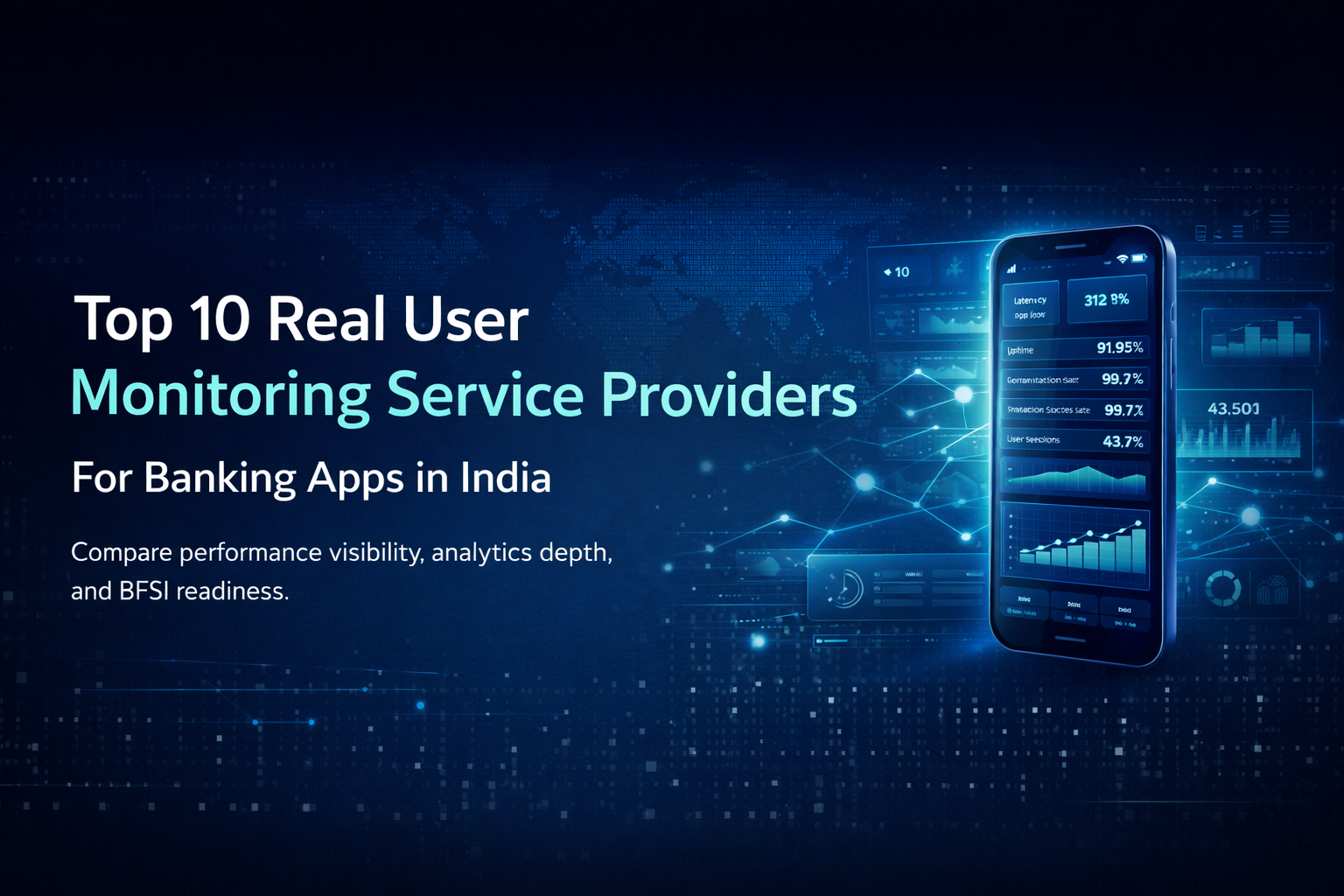By the year 2026, Web3 technologies are expected to drive business transformation in 45% of all global brands. By the same year, the customer experience (CX) economy will grow to a market value of $300 billion. This suggests that optimum CX is the key driver for brand equity.
In today’s connected world, digital CX is constantly evolving. However, despite its importance, a smaller than expected percentage of brands pay attention to the latest trends in digital CX. Perhaps that’s why 75% of customers expect excellent service from companies, while only 49% receive it.
There’s no doubt that it’s important for businesses to be at the forefront of delivering enhanced CX.
Why Must Brands Focus on Improving CX on Their Digital Channels?
Andres Angelani of Softvision says that “At the heart of a successful business strategy is a customer experience that is elegantly simple and positive, where consumers are likely to come away satisfied and return,” and rightly so.
Forrester Research predicts that 25% of global brands will focus on the quality of their customer service in the years ahead. Going by the Forrester CX Index data, CX differentiation between above- and below-average brands has narrowed in 8 of the 11 surveyed countries. While below-average performers are resolving their CX-related challenges, the top performers are unable to transform their existing CX initiatives.
Effectively, global brands must focus on the following digital CX trends to stay ahead :-
• Omnichannel customer experience
• Predictive analytics
• Hyper-personalized customer services
• Intelligent chatbots
• Customer self-servicing
But what is stopping brands from improving their digital CX initiatives?
Challenges in Advancing Digital Customer Experience Initiatives
1. Inability to Leverage Customer Data
Organizations are unable to analyze real-time customer journey data across digital channels. Jake Sorofman of Gartner describes this situation as “directions down a blind alley.”
2. Inefficient CX Design
Most CX-focused enterprises are unable to deliver an optimized CX design for their products or offerings. For instance, unnecessary features and complicated user navigation can hinder the user experience.
3. Organizational Silos
For an improved CX, brands must deliver a consistent CX across their digital channels. McKinsey emphasizes the importance of organizations breaking out of their “siloed mentality” and having complete visibility of their customer’s digital journey.
How do innovative digital CX solutions enable brands to address these CX-related challenges? Let’s discuss that in the next section.
Benefits of a Digital CX Solution
In the post-pandemic era, an excellent digital customer experience is a must-have for the sustenance and growth of every customer-centric enterprise. 86% of customers will pay more for a better CX, while 58% of customers are likely to switch companies following bad customer service.
To address these challenges and deliver a consistent CX, organizations are investing in digital CX solutions and digital experience platforms (DXPs). Here are some of the benefits of a digital CX solution or platform:
1. Omnichannel Experience or a “Single Truth”
Be it any channel, digital CX solutions provide a single “source of truth” by eliminating organizational silos. This means real-time customer information can flow smoothly between business functions along the customer journey. Besides, customers do not have to provide the same data at multiple touchpoints, thus enhancing their CX.
2. Hyper-Personalized Services
According to McKinsey, organizations can lift their total sales by 2% through personalized customer services. On their part, digital CX solutions can manage massive data volumes and apply AI-driven techniques to extract customer insights to achieve hyper-personalization.
3. Customer Data Analytics
As part of digital CX, customer data analytics provides powerful insights into how customers are engaging with the brand. For instance, brands can personalize their email-based outreach to target potential customers. Similarly, eCommerce companies can determine exactly where potential consumers are abandoning their purchases.
4. Data Governance
Regulations like GDPR and CCPA highlight the importance of data privacy and security. Using digital CX solutions, organisations can move data from “silos” to a safe and centralized location. Efficient CX solutions also facilitate a single data governance policy across the entire customer journey.
So, What’s the Way Forward?
As the world continues to evolve, the future of CX is on the digital platform. The proliferation of digital channels means that more customers are using them to interact with brands.
With its focus on application performance, availability and scalability, Avekshaa enables its customers to resolve any performance or scalability issues with its P-A-S-S digital solutions. Our P-A-S-S framework enables organizations to adapt and shift towards innovative technologies like cloud and analytics.
Here’s how our P-A-S-S platform can efficiently track and assess application performance through application performance monitoring (APM).
Need technical assistance to implement digital CX solutions? We can partner with you. Reach out to us here.


